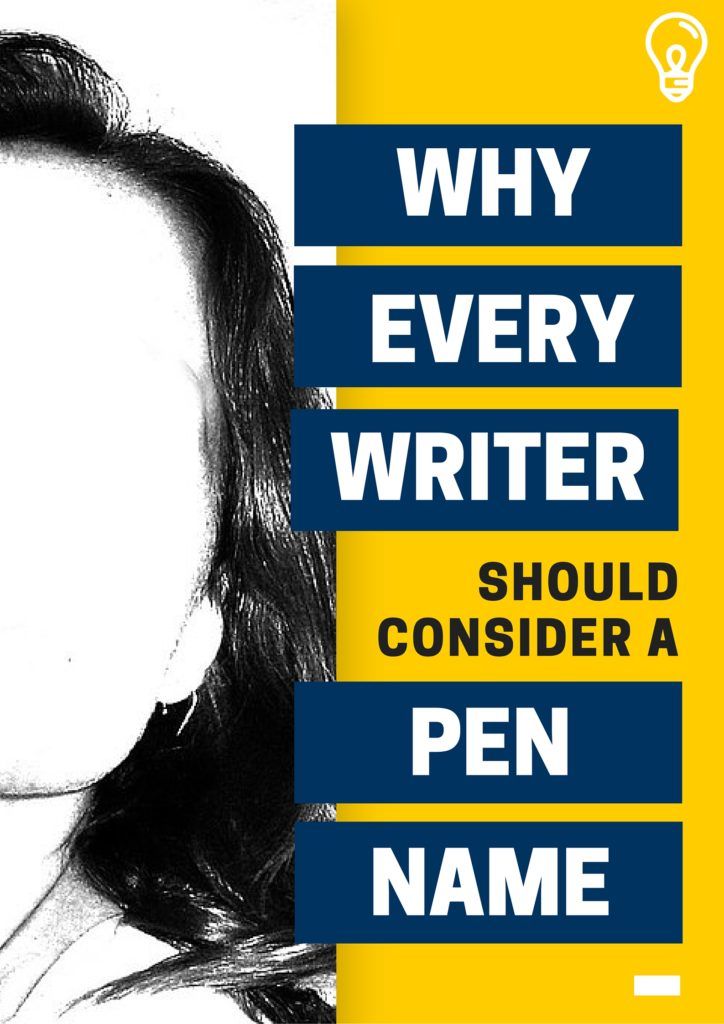 Why should every writer consider a pen name?
Why should every writer consider a pen name?
A pen name can be a writer’s best friend.
Whether you’re a rookie who’s nervous about stepping onto the scene or someone fairly well accomplished who’s looking for a chance to start over, a pseudonym may be your answer.
While some people like the idea of a safety net for a flop, others aren’t too keen on allowing a different persona to publicly take all the credit, where they themselves would like to jump up and say, “Yep, I wrote that! That masterpiece is all mine!”
Whatever the warring sides of your mind are telling you, I hope this post helps finalize your decision and gives you some reasons to consider how a pen name could help you.
Does A Pen Name Offer Anonymity?
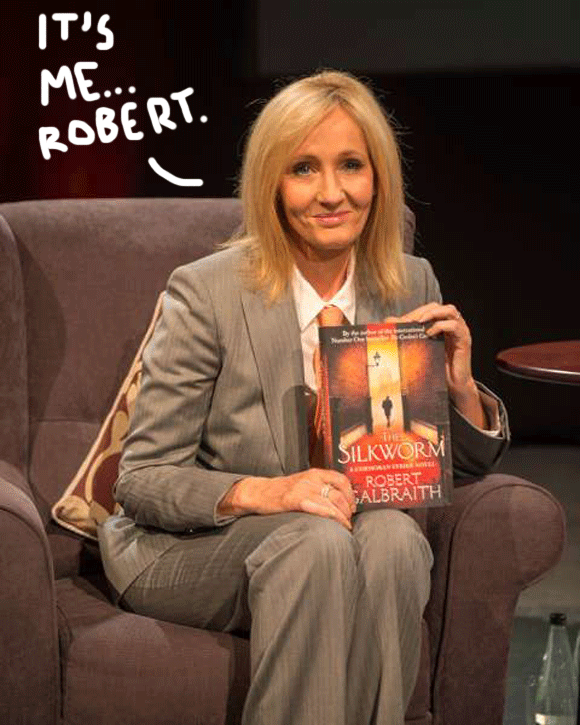 In today’s digital age, it’s nearly impossible to stay completely in the shadows. Everyone found out that “The Cuckoo’s Calling” by Robert Galbraith was actually written by J. K. Rowling, but a lot of people still don’t know that Mark Twain’s real name was Samuel Langhorne Clemens.
In today’s digital age, it’s nearly impossible to stay completely in the shadows. Everyone found out that “The Cuckoo’s Calling” by Robert Galbraith was actually written by J. K. Rowling, but a lot of people still don’t know that Mark Twain’s real name was Samuel Langhorne Clemens.
It’s the age we’re living in, and that could be good news or bad news depending on whose ears the message falls on. Cassandra Clare Judith Rumelt definitely embraces the fact that she was found out, but the writers who wanted to keep their mask on weren’t too happy.
Pen names are very different from publishing anonymously because nom de plumes are similar to real names in that readers tend to group the works of that name together – a reason why it’s not exactly a fake name.
Publishing anonymously leaves no trace of the author except for what is within the pages, and it is something that people with very, very controversial subjects living in dangerous parts of the world with stories that could leave them endangered (or dead) tend to do. Take Diary of an Oxygen Thief, for example – the confessional autobiography of a man who decided (and for good reason) not to publish the book under any name.
On the other hand, pen names do offer some protection and have a wellspring of benefits for anyone who knows what they’re looking for.
4 Good Reasons to Use a Pen Name
1. You Have a Sensitive Job
Some people have government jobs that don’t allow them to publish their real name, and some people have sensitive jobs that won’t allow them to publish R-rated material. For instance, an elementary teacher writing adult content probably doesn’t want her students or student’s parents finding out.
2. You’re Writing in Multiple Genres
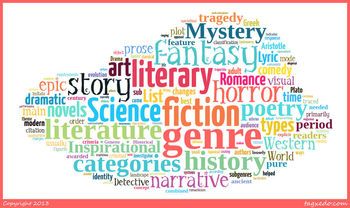 You may think it’s best to have your name listed under every work that you create, but imagine for a moment that Stephen King decided to write a romance novel. What would you think about this contemporary horror, sci-fi genius trying to stir up some romance? What I’m saying is this: if you decide to write adult content stories and children’s books, you may want to consider a pen name for one of them because when an author does something (and is successful) in one genre, it’s difficult for readers to trust them with something else – especially if it’s a bipolar opposite.
You may think it’s best to have your name listed under every work that you create, but imagine for a moment that Stephen King decided to write a romance novel. What would you think about this contemporary horror, sci-fi genius trying to stir up some romance? What I’m saying is this: if you decide to write adult content stories and children’s books, you may want to consider a pen name for one of them because when an author does something (and is successful) in one genre, it’s difficult for readers to trust them with something else – especially if it’s a bipolar opposite.
It’s kind of the same with businesses (and deciding to have a pen name is a business decision after all). Businesses need to have a niche. A business who excels in one area – a small orchestra made up of two violins and a cello who plays only classical music for weddings and formal occasions – is going to do better than a business who tries to do it all – a band of five people who claim to have mastered every instrument and performs country, rock, classical, and jazz for any and all occasions.
Let’s go back to the original question: Would you be comfortable reading a love story written by Stephen King?
3. Limitations of your real name

With a name like Michelangelo Alexander Ruphard Watson III, you are probably going to need a pseudonym, and your publisher will be quick to let you know that. Some people just have hard to spell, hard to pronounce, hard to deal with names that they (or their publisher) cannot stand. That’s why lots of writers such as Eleanor Marie Robertson – a.k.a. Nora Roberts – shorten their name.
If you have a name like Johnny Depp or George Bush, using a pseudonym would be wise in order to do away with any confusion and to build your own brand – since names like those already have another person attached to them.
Sometimes actual names don’t fit well within a writer’s genre. Finny May will probably run into some difficulties if trying to publish a horror novel, while Ebenezer Sexton won’t have the easiest time selling a romance novel written from a misunderstood woman’s point of view. Studies have shown that women tend to lean more towards romance novels that have a lovely female name attached to it, and thrillers, horror, and crime fiction books all tend to do better if the author’s name is male.
Some authors choose to gender neutralize their names by simply using their initials because it keeps people from stereotyping their work. Take J.K. Rowling, for example. Her publisher thought it best to use initials instead of a name because little boys may not be interested in reading a book written by a woman.
In some cases, a person’s real name holds them back because of past failures.Let’s say you wrote a book in 2001 about the struggles of a thirty-two year old guitar fanatic who has to return to high school, and this book…was…awful.
Now that you’ve actually written a good book, no publisher is willing to give you a chance because of the terrible outcome of your previous failure.
This was the case for author Patricia O’Brian. She wrote five novels, but no publisher was willing to give her sixth one a chance because her fifth novel didn’t sell very well. However, her agent proposed she try again under the name of Kate Alcott, and her book The Dressmaker became a bestseller!
4. You Want Privacy
 A lot of writers value their privacy and don’t want people being able to look them up online and show up on their doorstep.
A lot of writers value their privacy and don’t want people being able to look them up online and show up on their doorstep.
This can also play a factor in just not wanting people to find out that you’re a writer. Oftentimes, people who have newly discovered their love of writing want to wrap it up as a secret and hug it close. They don’t want to risk the pain of rejection, the dreaded one star reviews from people who know a little too much and have a world of time on their hands, and they don’t want to experience that awkward explanation behind every, “Oh, you wrote something? I want to read it!”
Every writer is bound to get that at least once from someone they’re close to (if they’re found out), and let’s face it, it’s a terrifying thought to imagine them not liking it because taking rejection from a loved one is a lot harder to swallow than it is when taking it from a stranger.
Now, you may not be this way. You may have total confidence in your work, and the world is ready to take in your masterpiece with open arms. You’re not worried about rejection (though there’ll be those few haters) because by this time next year, there’s going to be movie about it starring Tom Cruise.
But for the rest of us, with all sincerity, a pen name may be what gives you that little bit of confidence that you need because – hey, it isn’t you writing this stuff! It’s (insert pen name here).
(It also gives you the chance to see what people close to you really think of your writing without them knowing it.)
Why I Chose a Pen Name
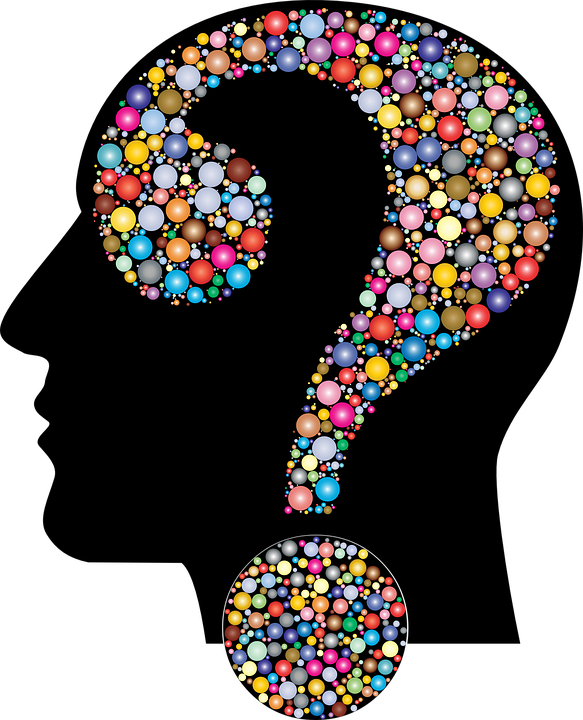 With a real name like mine, I could write just about anything because I already have a gender neutral name. In fact, the first editor that I ever worked with thought at first that I was a guy. I thought it was pretty funny, so I didn’t correct her for the longest time.
With a real name like mine, I could write just about anything because I already have a gender neutral name. In fact, the first editor that I ever worked with thought at first that I was a guy. I thought it was pretty funny, so I didn’t correct her for the longest time.
Now, you’re probably thinking: Didn’t you just go through all the reasons of why I should consider a pen name? Now, are you going to try to tell me why I should be happy with the name I’ve got?
Actually, no. If you’re happy with the name you’ve got, then that’s great. I love my name, but I do have a pen name on my blog; and I’ll tell you why.
- I was a new writer just wanting to get some feedback for my writing. If it was bad, I could just switch names so this name wouldn’t follow me around for the rest of my life.
- Privacy. I’m from a small town where a lot of people knew I was going to be a writer, and I wasn’t completely confident enough in my work for me to be comfortable with them reading it.
- It gave me the confidence boost that I needed. If I was going to be labeling my real, actual name onto the stuff that I was posting, I probably wouldn’t have posted as much of it that I did. With a pen name, I felt safe. I was okay with experimenting with different genres (turns out sci-fi isn’t my thing), practicing my writing, and basically doing what I wanted.
- My blog mostly contains poetry since that is what’s easiest for me to write, and Christian Sexton doesn’t have a nice, ear-pretty ring to it – not in my ears anyway. On the other hand, Nathaniel Gray has a very poetic sound – a very William Wordsworthian name. (Don’t you think so?)
As it turns out, people actually like my stuff, so if I ever decide to publish any of my poetry, I can do so under my pen name. Yes, it’s true. I like it so well, I think I might keep it.
Is It Dishonest to Use a Pen Name?
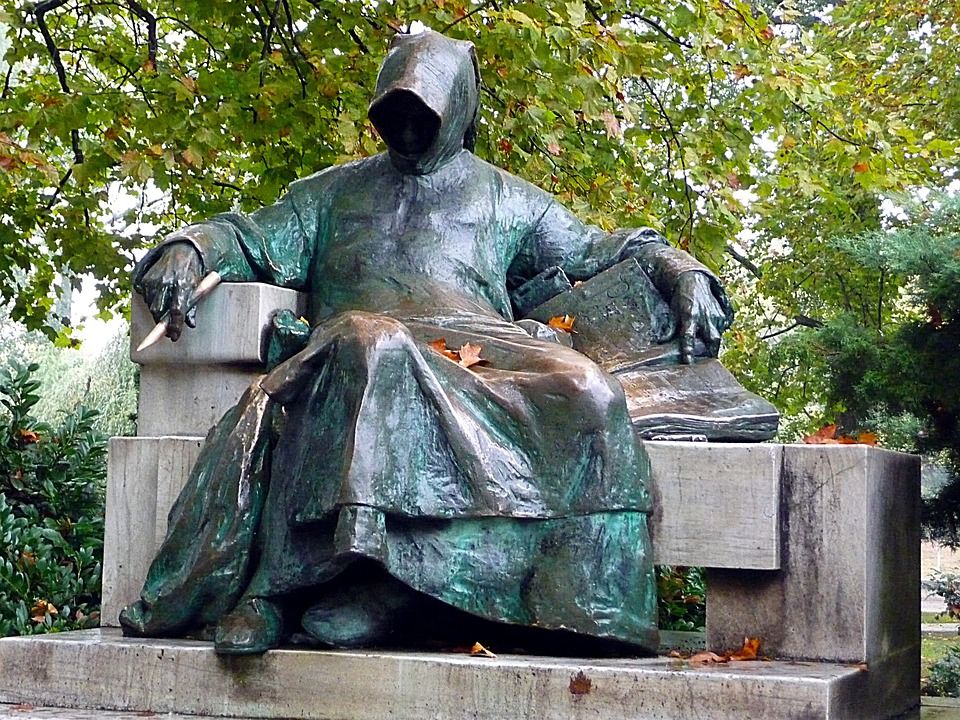
I don’t think so – and not just because I have one. People have different convictions concerning a fake name, although – as I’ve already discussed – it’s technically not a fake name. I mean, if you’re over the age of 18, you can legally change your real name to your pen name.
Look at this list of big time authors who have used pen names. You wouldn’t consider them liars, would you?
- Bronte Sisters – Currer, Ellis, and Acton Belle (They lived in a time when writing was more accepted as a man’s career, and they themselves did not view their own writing as feminine and felt it would be looked on with prejudice. However, they did keep their initials – Charlotte Bronte/Currer Belle, Emily Bronte/Ellis Belle, Anne Bronte/Acton Belle.)
- Eleanor Marie Robertson – Nora Roberts (Romance – shortened her name),
- J.D. Robb (Romantic Suspense – Her publisher couldn’t keep up with how many books her original pen name was writing in a year! She also wanted to try a different genre),
- Jill March (Magazine Stories)
- Sarah Hardesty (UK novels)
- J.K. Rowling – Robert Galbraith (Crime Fiction – she branched out into a different genre and wanted a chance to start over with no hype or expectations.)
- Judith Rumelt – Cassandra Clare (The name is inspired by Jane Austen’s A Beautiful Cassandra, and it’s a very ear-pretty name.)
- Mary Ann Evans – George Eliot (She lived in a time when writing was more accepted as a man’s career.)
- Samuel Clemens – Mark Twain (He dabbled with several pseudonyms before settling on this one. His own explanation can be found here.)
- Stephen King – Richard Bachman (He wanted to publish more than one book in a year as well as see if people liked his writing for his writing’s sake or simply because of his name.)
- Unknown – Elena Ferrante (She/he chooses to communicate to the world through literature only and has been very successful thus far.)
How to Choose a Pen Name
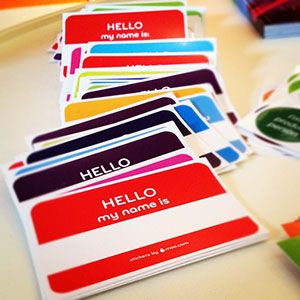
If you’ve decided that you need a pen name – or you just want one – then how do you go about getting one?
You could be extra spontaneous and use a generator to pick one. (This one is probably my favorite. It even suggests names for different genres!)
You may want a plain name to keep it from distracting from your writing, or you may want something with a special meaning similar to how some people pick out their kids’ names. Think Baby Names is a great website for getting ideas.
When I was picking a name, I picked out several that I liked fairly well and went around asking my close friends to pick which they liked best. Turns out, I used none of them. They were all too flashy or plain, and there wasn’t any middle ground. I’ve always liked the name Nathaniel – as I like most names with three syllables, and it has a Victorian, flowy sound to it.
Names with three syllables sound well with last names of one syllable and vice versa. For example: Elizabeth Blake and John Williamson. Names with a bit of alliteration going on also sound good: Scarlet Rose, Lynn Kirkland, and Ron Swanson (I love that guy).
You want something that’s ear-pretty and is easily remembered. (These tips also work great for character names.) Basically, you’re looking for something that clicks with you. If you’re uncertain about it, keep looking.
Pseudonyms aren’t meant to be just names. They have personalities of their own. When I think of a Nathaniel Gray, I imagine someone who’s tall with nice dark hair and always dresses classy – as anyone who looks at the *copyright free* profile picture I have on my blog will agree. He may have glasses – the cool kind that Clark Kent wears – and he may not. It depends.
Perfectly suited for what I’m looking for to match my writing.
But Christian, why use a male pen name for poetry anyway? Because I think guy poets are cool, and it really is just that simple.
Don’t think for a second that I’m discounting any of the work that it’s going to take. Getting anything published and then building publicity and making a name for yourself is going to take work whatever you may choose to do. However, a pseudonym may be exactly what you’re looking for, and – as is the case for many writers, myself included – it could end up as your best friend.
